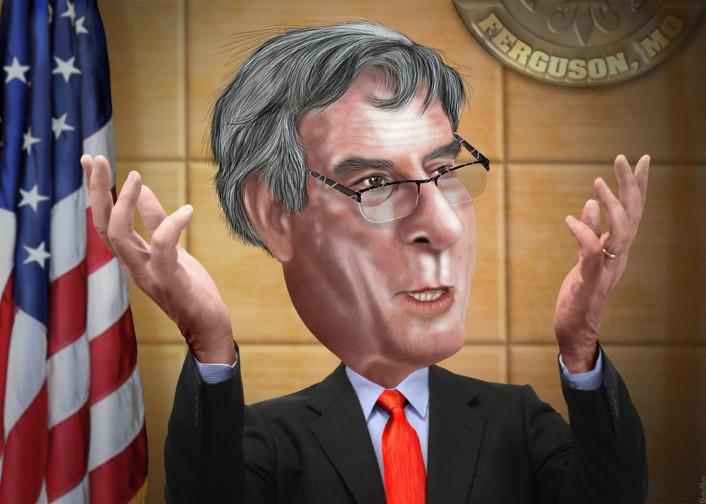UPDATE: Marcellus Williams execution stayed in Missouri
UPDATED Aug. 22, 2017, 3:00 p.m. On Tuesday afternoon just hours before Marcellus Williams was scheduled to be executed in Missouri, Governor Eric Greitens issued a stay pending an investigation into new DNA evidence presented by Williams’ attorneys. Greitens announced that he would appoint a board of inquiry to review Williams’ case and issue a report. “A […]

UPDATED Aug. 22, 2017, 3:00 p.m.
On Tuesday afternoon just hours before Marcellus Williams was scheduled to be executed in Missouri, Governor Eric Greitens issued a stay pending an investigation into new DNA evidence presented by Williams’ attorneys. Greitens announced that he would appoint a board of inquiry to review Williams’ case and issue a report.
“A sentence of death is the ultimate, permanent punishment,” said Greitens in a statement. “To carry out the death penalty, the people of Missouri must have confidence in the judgment of guilt. In light of new information, I am appointing a Board of Inquiry in this case.”
No forensic evidence or eye witness testimony links Williams to the 1998 murder of reporter Felicia Gayle. Yet without Greitens’ intervention, Williams would have been executed for Gayle’s murder, which he was convicted of in 2001. Williams has always maintained his innocence, and new evidence shows that male DNA found on the murder weapon belongs not to him, but to an unidentified person. But the Missouri Supreme Court refused to examine this evidence, which was not available during the trial that led to his conviction.
While all of this might sound outrageous — the execution of a possibly-innocent man — in the U.S. criminal justice system, it is disturbingly common. In particular, Williams’ story is a microcosm of the larger systemic injustices that infect the capital sentencing process, and of the racial bias that plays out in St. Louis County.
Williams, who is black, was convicted of killing Gayle, a white woman, by a jury comprised of 11 white jurors and one black juror. His conviction hinged exclusively on the testimony of Williams’ ex-girlfriend Laura Asaro and Henry Cole, a man he shared a jail cell with. Cole claimed that while locked up together, Williams confessed to murdering Gayle. Asaro told the court that she saw scratches on Williams’ neck at the time of the murder, which she said were made by Gayle. (No DNA evidence tying Williams to Gayle was found under her fingernails.) Williams’ lawyers argue that both witnesses were influenced by Gayle’s family, which offered a $10,000 reward.
Six of the seven black potential jurors in Williams’ trial were dismissed by the trial prosecutors. The ease with which prosecutors exclude black jurors in capital trials isn’t limited to Missouri, but the problem is particularly acute in St. Louis County. In the case of Andre Cole, who was executed in 2015 after being convicted of killing his ex-wife’s boyfriend, a black prospective juror was dismissed by a prosecutor for being divorced. The prosecutor argued that experience could unduly influence the potential juror’s impression of Cole’s case, which involved his ex-wife. Yet a divorced white juror was allowed to remain on the case.
The racial dynamics in Gayle’s murder also stacked the deck against Williams. In cases that involve white female victims, “execution is 14 times more likelycompared with when the victim is a black male,” Missourians for Alternatives to the Death Penalty director Staci Pratt told Al Jazeera.
Williams was prosecuted by St. Louis County prosecuting attorney Bob McCulloch’s office. If McCulloch’s name sounds familiar, it’s because he’s the same prosecutor who failed to secure an indictment of police officer Darren Wilson, who shot and killed Michael Brown in Ferguson, Missouri in 2014. On Monday night, McCulloch defended the conviction of Williams, and told Fox2 News that the new DNA doesn’t rule him out as the murderer.
“Based on the other, non-DNA evidence in this case, our office is confident in Marcellus Williams’ guilt and plans to move forward,” said McCulloch.
Hope for mercy for Williams now rests with the board of inquiry appointed by Greitens.
